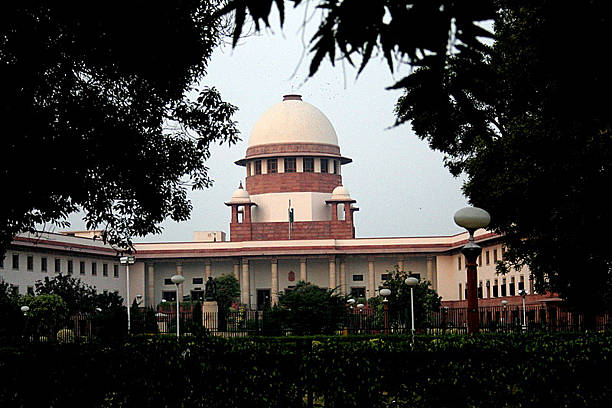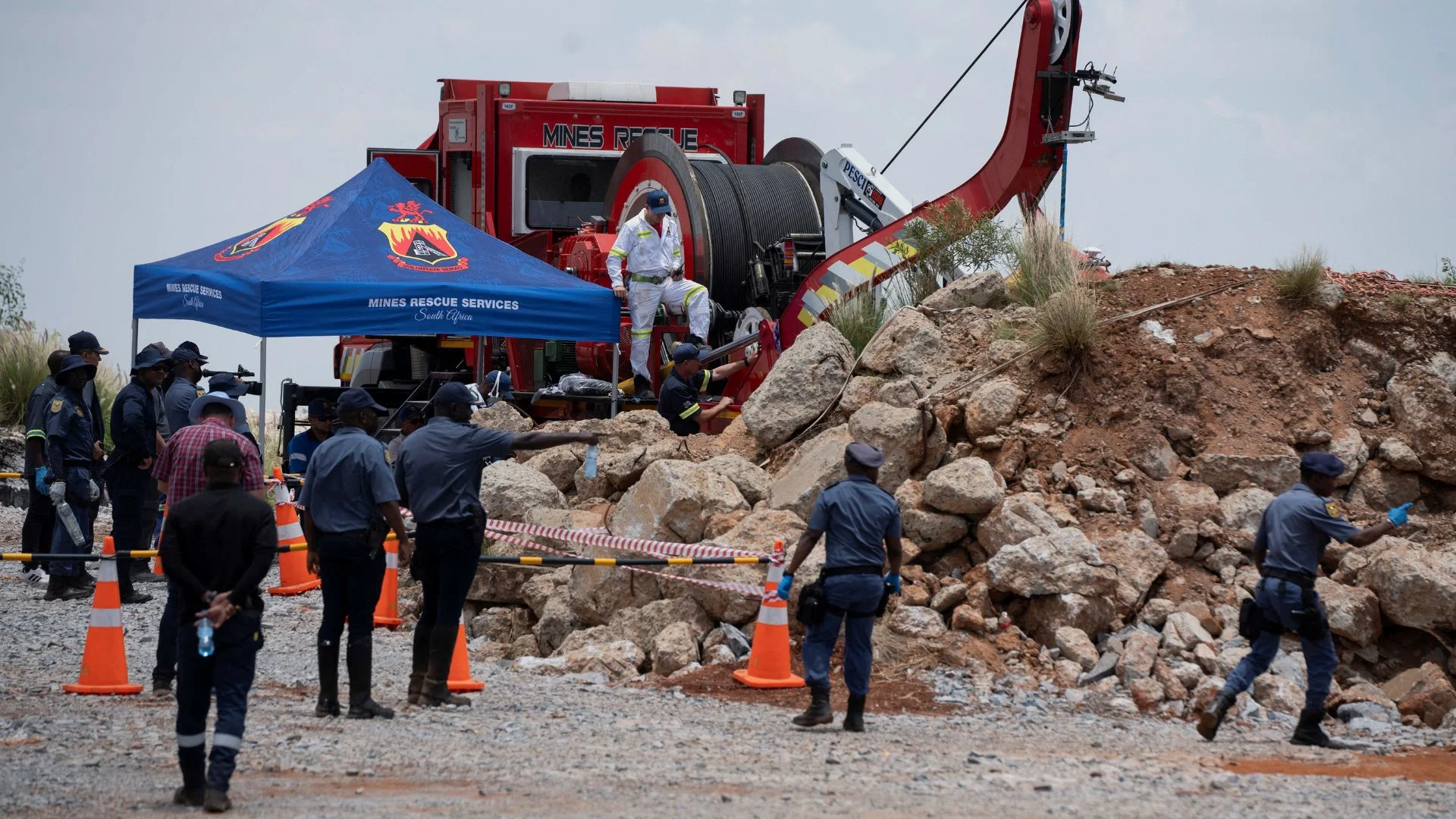The Supreme Court in the case Cdr Amit Kumar Sharma vs Union of India observed that sealed cover procedure setting a ‘dangerous precedent’ as it makes ‘the process of adjudication opaque and vague’.
The bench comprising of Justice DY Chandrachud and Justice Hima Kohli observed in a judgment delivered on 20.10.2022, that this procedure affects the functioning of the justice delivery system and causes a serious violation of natural justice.
The bench observed and stated while adding that the exceptions should not become the norm that the measures for nondisclosure of sensitive information in exceptional circumstances must be proportionate for the purpose that the non-disclosure seeking to serve.
In the present case, the court while allowing the appeals against the order of Armed Forces Tribunal (AFT), observed, and has dismissed the applications challenging the denial of Permanent Commission (PC) in the Indian Navy holding that there being no gender bias or mala fides in the grant of PC. In this appeal, the main issue arose was whether the AFT could have adjudicated on the validity of the selection proceedings when relevant material (board proceedings) was disclosed only to the AFT in a sealed cover.
It has been contended by the appellant that the sealed cover procedure, which was followed by the AFT, has resulted in substantial prejudice. Further, it has been submitted by the respondent that it is a norm for the Board proceedings to only be provided to the AFT in a sealed cover.
The court also referred to some earlier decisions.
Accordingly, the court observed in the case that the failure to disclose relevant material has caused substantial prejudice to the appellants and that this case exposes the danger of following a sealed cover procedure. Thus, it has been directed by the court that the AFT to reconsider the entire matter afresh.

















